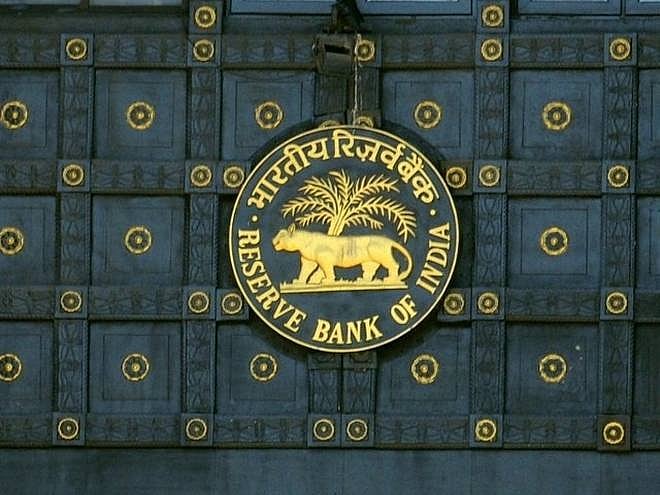The RBI’s recent draft guidelines for allowing corporates to set up banks has evoked some umbrage, which is probably not justified, as their inclusion in the list has been done after due deliberation. In fact, even in the earlier round, they were not barred from applying though a licence was not given to any party with such a background.
The main arguments against corporates coming in is that there is a conflict of interest and that there could be diversion of funds to their own entities. But this painting of the entire sector in black is incorrect. In fact, a previous RBI Governor has spoken against their inclusion on similar grounds, which is surprising because it begs the question that if the corporate sector is all black then why did the RBI work towards increasing the flow of funds to them in the earlier regime too?
It must be realised that there are strong exposure norms which the RBI has stipulated, to prevent undue risk-taking by companies and groups. This is regularly audited by the RBI in the inspection rounds and deviations are penalised. Therefore, there is no reason to believe that regulation will become lax now. In fact, it will become more alert.
The argument put forward again is that they would lend to their related entities. But aren’t these entities borrowing from other banks for their credit requirements? In fact, once the RBI norms are followed, there should really be no problem in lending as critics are confusing lending by ‘corporate owner bank’ with the concept of all lending to related entities being a fraudulent exercise. This is incorrect and baseless.
Banks have a criterion used to lend and also the price setting is based on the risk assessed. While there have been instances of connected lending to undeserving clients, this holds even in PSBs and also in non-owner driven private banks, which has been highlighted by the regulators and necessary action taken. Hence, merely because in an extreme case there can be fraud or wrongdoing which is more of an aberration, one cannot exclude an entire sector from the ambit of players that can be considered.
Two things are really required here. The first is that there has to be rigorous screening where applications are evaluated on a very objective basis. Besides the size guidelines which have already been stipulated, one consideration should be whether the company or the group has been an NPA in the last decade. This is a sufficiently long period to take stock of how well the company has performed in terms of debt servicing. Second, if there are any tax-related cases pending against the company, it can be considered a negative. Third, the ability of the group to diversify successfully would be a plus point. Fourth, the governance structures have to be evaluated because even family-owned businesses claim to be professionally run but could end up having only family members groomed to run the company. Fifth, any experience or episode of being in the financial arena through subsidiaries can be evaluated.
The second important thing is in the hands of the RBI. It is true that there have been cases of serious lapses on the part of individual promoters who ran private banks. With the wisdom of this experience, the regulator needs to ensure that the skill sets required to pick up these hints of misgovernance should be honed. Here, the onus has to be on the Central bank, as once a licence is given, it would be depositors' money that would be involved. There have been patterns in the frauds committed in all these cases and this should be a good starting point to enforce strict oversight, to ensure that these are not repeated.
India has had a mixed experience when it comes to having corporates start and operate banks. Therefore, it is not possible to conclude that it is a good or not-so-good thing. There have also been major misgovernance issues in both public and private sector banks and hence, merely keeping corporates away is no assurance that the best principles of governance will be followed. The answer is to impose stronger regulation, to ensure that the rules are obeyed. This way, the best can be obtained from the new players in this arena.
The clue hence, lies in thorough screening of applications, robust regulation and inspection to ensure that business is smooth. Even corporate-owner driven banks have had professional bankers running the business and there is no reason to expect things will be different this time.
The writer is Chief Economist, CARE Ratings Ltd. and author of: Hits and Misses: The Banking Story: to be released in December by SAGE. Views are personal.









